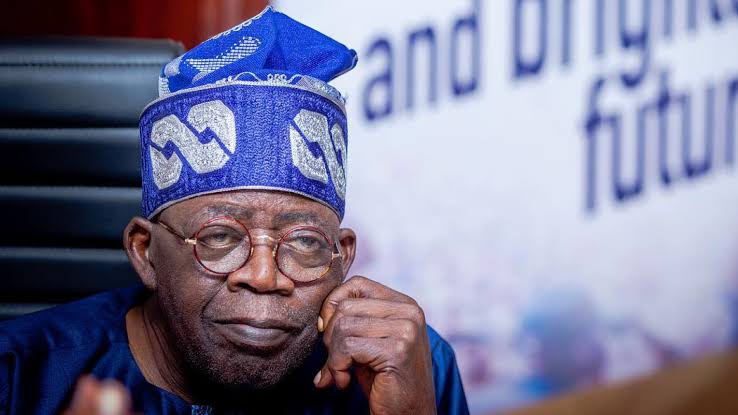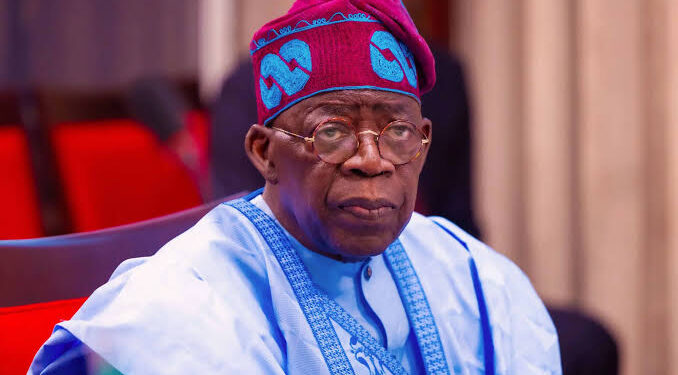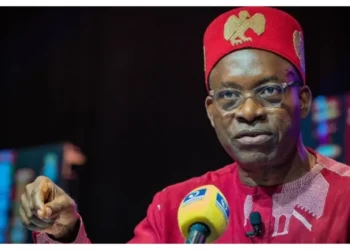Ministries, Departments, Agencies, and other entities engaged in the fight against corruption have been asked by the federal government to step up their efforts and reaffirm their commitment to ending corruption in the nation.
This order was given on Friday in Abuja at the National Anti-Corruption Strategy Action Plan Validation Meeting by Lateef Fagbemi (SAN), the Attorney-General of the Federation and Minister of Justice.
With assistance from the Rule of Law and Anti-Corruption Program, the European Union/International IDEA, and the Ministry of Justice, the NACS validation meeting was organised.

According to Fagbemi, following a number of discussions, it was decided that an update to the NACS Action Plan would be necessary in order to improve outcomes.
He said:
“Following a series of consultations and collaboration among the 22 MDAs with anti-corruption and accountability mandates, it became essential to review the NACS Action Plan to ensure enhanced participation, effectiveness, and responsiveness.
” He outlined the NACS Action Plan’s five pillars, which aim to drive both the public and private sectors, as well as national and subnational levels of government: corruption prevention, public engagement, an ethical re-orientation campaign, enforcement and sanctions, and the recovery and management of proceeds of crime.
Nigeria ratified the ECOWAS Anti-Corruption Protocol in 2001 and the African Union Convention on Preventing and Combating Corruption in July 2003.
Furthermore, in October 2003, member states of the United Nations, including Nigeria, ratified the United Nations Convention Against Corruption to address the growing prevalence of global corruption.
Head of the Technical Unit on Governance and Anti-Corruption Reforms Jane Onwumere had earlier stated in her introductory remarks that the goal of the action plan review is to implement the strategy document, which aims to reduce corruption for effective and efficient service delivery.
She outlined the developments since the action plan was created, highlighting important pieces of legislation like the Companies and Allied Matters Act, 2020; the Petroleum Industry Act, 2021; the Proceeds of Crime (Recovery and Management) Act, 2022; the Terrorism (Prevention and Prohibition) Act, 2022; and the Money Laundering (Prevention and Prohibition) Act, 2022, among others.
Along with other anti-corruption leaders and accountability bodies, the event was attended by the Auditor-General of the Federation, the Chairman of the Independent Corrupt Practices and Other Related Offences Commission, the Chairman of the Economic and Financial Crimes Commission, and the Secretary of the Public Complaints Commission.
Among the stakeholders in attendance were Mazi Afam Osigwe (SAN), the incoming president of the NBA, and Yakubu Maikyau (SAN), the president of the Nigerian Bar Association.
Bottom Line
Nigeria’s commitment to international conventions like the ECOWAS Anti-Corruption Protocol, the African Union Convention, and the United Nations Convention Against Corruption underlines the importance of international cooperation and alignment with global standards in fighting corruption.

















